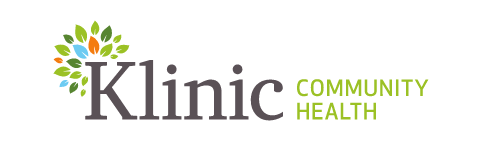Physical, mental, spiritual, intergenerational and relational impacts

A number of impacts have been identified in relation to Post Traumatic Stress Disorder (PTSD). Please click on the following for additional details organized by type of impact:
Physical
According to a Canadian study PTSD is “associated with several physical health problems including cardiovascular diseases, respiratory diseases, chronic pain conditions, gastrointestinal illness and cancer” (2007). It is important to recognize that experiences of trauma can have negative effects on a person’s health; regardless of a diagnosis of PTSD. Physical impacts include:
- Alcoholism and alcohol abuse
- Chronic obstructive pulmonary disease (COPD)
- Depression
- Fetal death
- Health-related quality of life
- Illicit drug use
- Ischemic heart disease (IHD)
- Liver disease
- Risk for intimate partner violence
- Multiple sexual partners
- Sexually transmitted diseases (STDs)
- Smoking
- Suicide attempts
- Unintended pregnancies
- Early initiation of smoking
- Early initiation of sexual activity
- Adolescent pregnancy
Emotional
- Depression
- Feelings of despair and hopelessness and helplessness
- Guilt
- Shame
- Self-blame
- Self hatred
- Feeling damaged
- Feeling like a “bad” person
- Anxiety
- Extreme vulnerability
- Panic attacks
- Fearfulness
- Compulsive and obsessive behaviours
- Feeling out of control
- Irritability, anger and resentment
- Emotional numbness
- Frightening thoughts
- Difficulties in relationships
Behavioural
- Self-harm such as cutting
- Substance abuse
- Alcohol abuse
- Gambling
- Self-destructive behaviours
- Isolation
- Choosing friends that may be unhealthy
- Suicidal behaviour
Cognitive
- Memory lapses, especially about the trauma
- Loss of time
- Being flooded and overwhelmed with recollections of the trauma
- Difficulty making decisions
- Decreased ability to concentrate
- Feeling distracted
- Withdrawal from normal routine
- Thoughts of suicide
Spiritual
- Feeling that life has little purpose and meaning
- Questioning the presence of a power greater than ourselves
- Questioning one’s purpose
- Questioning “who am I”, “where am I going”, “do I really matter”
- Thoughts of being evil, especially when abuse is perpetrated by Clergy
- Feeling disconnected from the world around us
- Feeling that as well as the individual, the whole race or culture is bad
Neurobiological
- An overproduction of stress hormones that when activated do not return to normal but can endure for hours or days as identified below:
- Jittery, trembling
- Exaggerated startle response
- Alarm system in the brain remains “on”; creating difficulty in reading faces and social cues; misinterpreting other people’s behaviour or events as threatening, sleep difficulty and the need to avoid situations that are perceived to be frightening
- Part of the brain systems change by becoming smaller or bigger than they are supposed to be
- Fight, flight, freeze response (which may look different from person to person)
- Responses are involuntary
Relational
- Difficulty feeling love, trust in relationships
- Decreased interest in sexual activity
- Emotional distancing from others
- Relationships may be characterized by anger and mistrust
- Unable to maintain relationships
- Parenting difficulties



